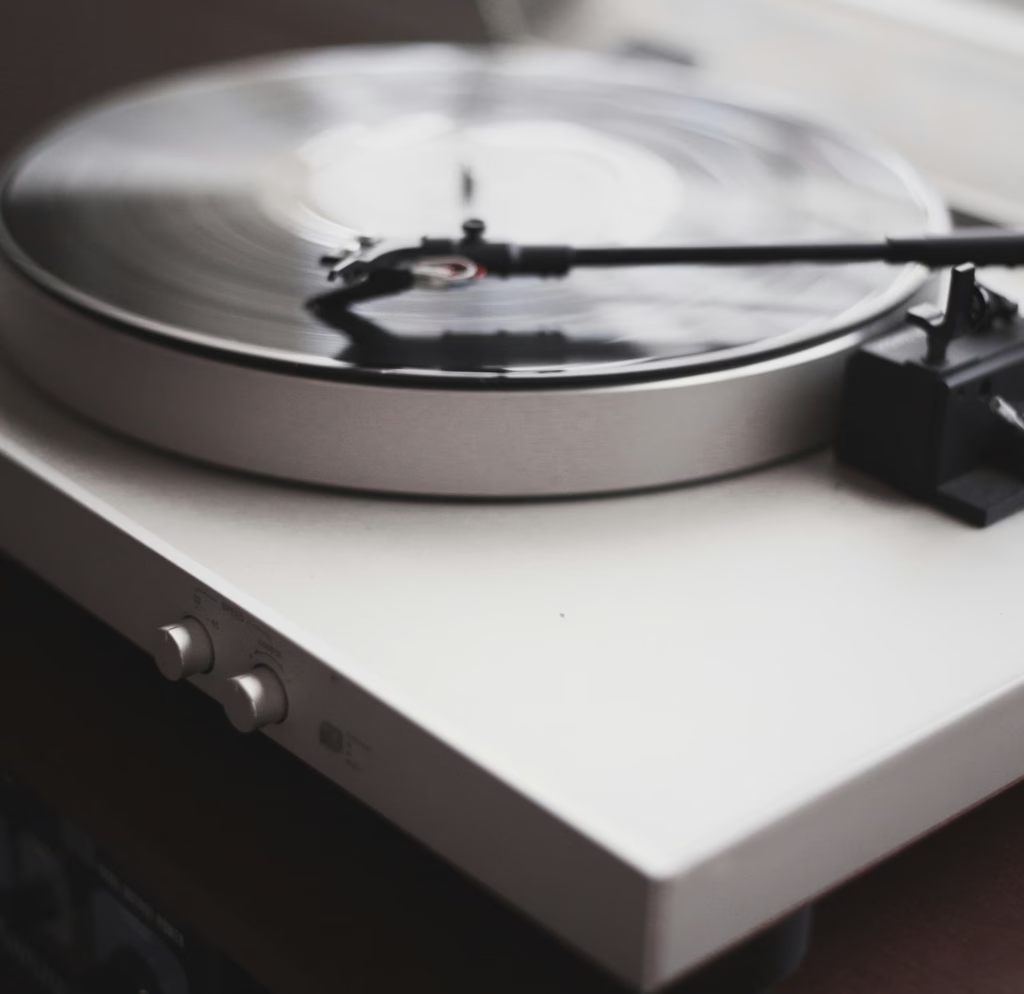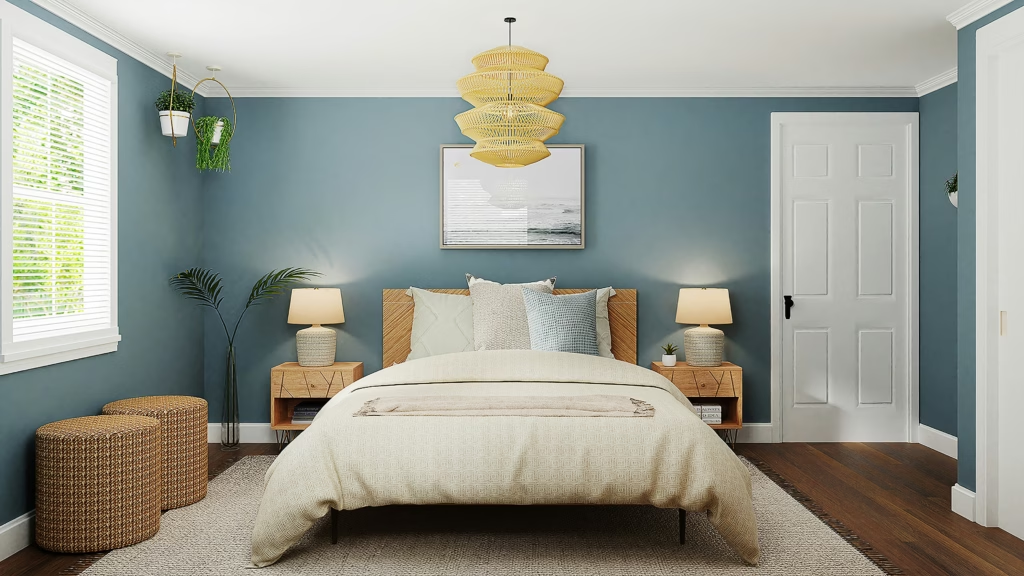When you live alone, your home doesn’t have to follow anyone else’s logic. It doesn’t need to make sense on a floor plan or look “right” to a visitor. It just needs to work for you.
Recently, I moved my comfy armchair. Not very far, but far enough to matter. I put it in a better-lit spot, closer to the pendant lights, where evening reading feels easy rather than forced. To make room for it, I moved the sofa to in front of the TV.
The sofa is less comfortable. After an hour or so, my butt tells me that I want to be somewhere else.
That was the point.
I realised I was spending more time than I wanted half-watching things I didn’t care about, simply because the comfy chair made it effortless to stay there. By shifting the furniture, I changed the default. Reading became easier. Watching TV became more intentional.
Nothing dramatic changed. But everything felt different.
That’s the quiet power of shaping your space.
My main desk is in my living room. I have two desks—one for writing, one for my day job and gaming—and the main one lives where most people would put a dining table or a second sofa. That suits how I actually live. I work there. I play there. I think there.
It wouldn’t make sense to someone else.
It doesn’t need to.
When you live alone, you’re free to design your space around behaviour, not convention. You can place comfort where you want more of it. You can make certain activities slightly less convenient without banning them entirely. You can let your environment gently guide you instead of relying on willpower.
This wasn’t about productivity. It wasn’t about self-improvement. It was about alignment—making my home support the life I want to live rather than the one I drift into by default. My home wouldn’t win any design awards; it simply wouldn’t make sense for anyone else.
That’s what shaping your space really means. Not decorating for approval, but arranging things so your days flow better.
Your home isn’t a showroom.
It’s a tool. A refuge. A quiet collaborator in the life you’re building.
And when you live alone, you get to tune it—chair by chair, desk by desk—until it fits you just right.






